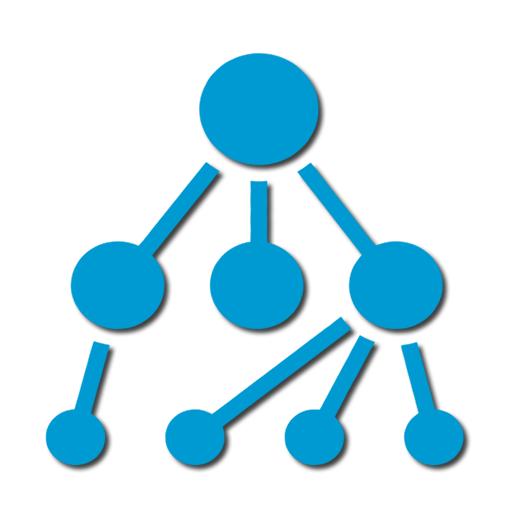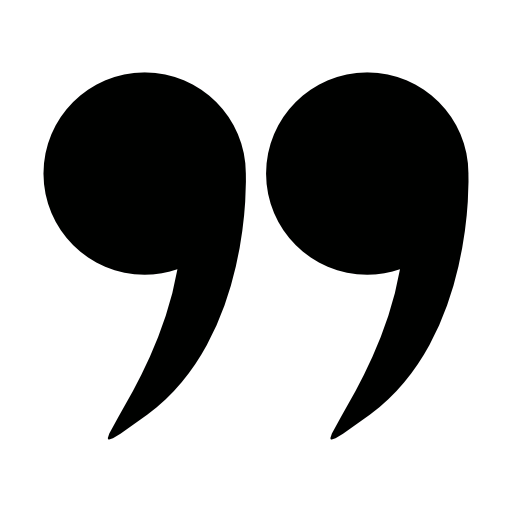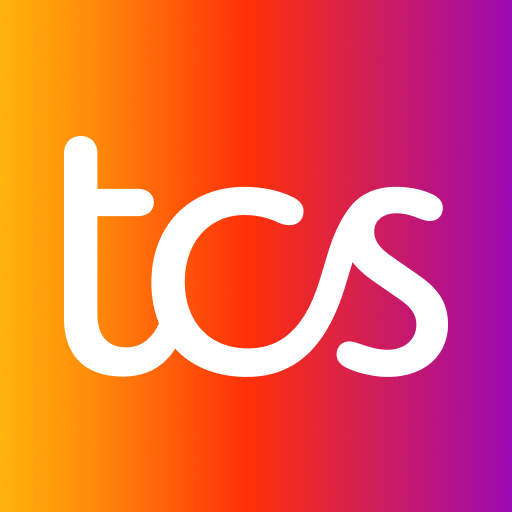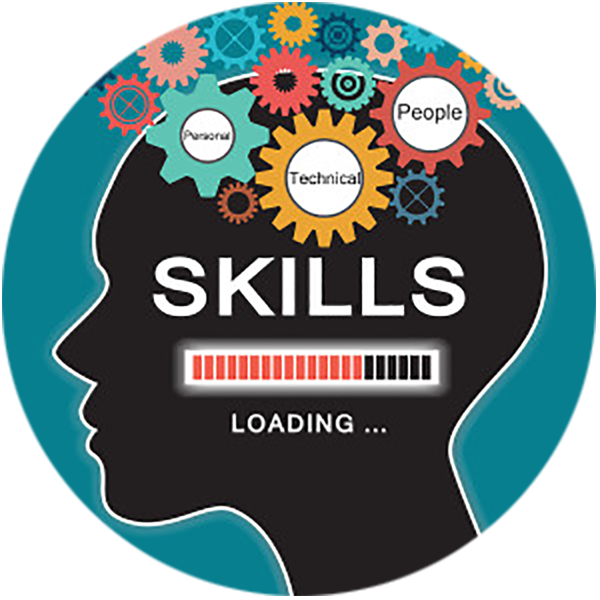What are my short-term and long-term goals?
Setting goals is an essential part of personal development. Goals help you stay focused and motivated, and they provide a sense of direction and purpose. In this blog, we will explore the importance of setting both short-term and long-term goals, and how you can go about identifying and achieving them.
Short-term goals are those that can be achieved relatively quickly, usually within a few months to a year. Examples of short-term goals might include learning a new skill, completing a project at work, or saving a certain amount of money. Short-term goals are important because they provide a sense of accomplishment and momentum, helping you to build confidence and motivation.
Long-term goals, on the other hand, are those that take more time and effort to achieve, often several years or even a lifetime. Examples of long-term goals might include starting your own business, buying a home, or earning a degree. Long-term goals are important because they provide a sense of purpose and direction, helping you to stay focused and motivated over the long term.
To identify your short-term and long-term goals, it's important to take some time for self-reflection and goal setting. Start by thinking about what you want to achieve in the next few months or year. Write down your goals and be as specific as possible. For example, instead of saying "learn a new skill," specify which skill you want to learn and what steps you will take to learn it.
Next, think about your long-term goals. What do you want to achieve in the next 5-10 years? What about over the course of your lifetime? Again, be as specific as possible and write down your goals. Think about what steps you will need to take to achieve your long-term goals, and break them down into smaller, more manageable steps.
Once you have identified your short-term and long-term goals, it's important to develop a plan for achieving them. This may involve setting specific milestones or benchmarks along the way, as well as identifying potential obstacles and developing strategies for overcoming them. It's also important to be flexible and adaptable, as circumstances may change over time and require adjustments to your goals and plans.
In conclusion, setting both short-term and long-term goals is an important part of personal development. By taking the time to identify your goals and developing a plan for achieving them, you can stay focused and motivated, and work towards becoming the best version of yourself. Remember to be specific, break your goals down into manageable steps, and be flexible and adaptable as needed. With persistence and hard work, you can achieve your goals and live the life you want.






























